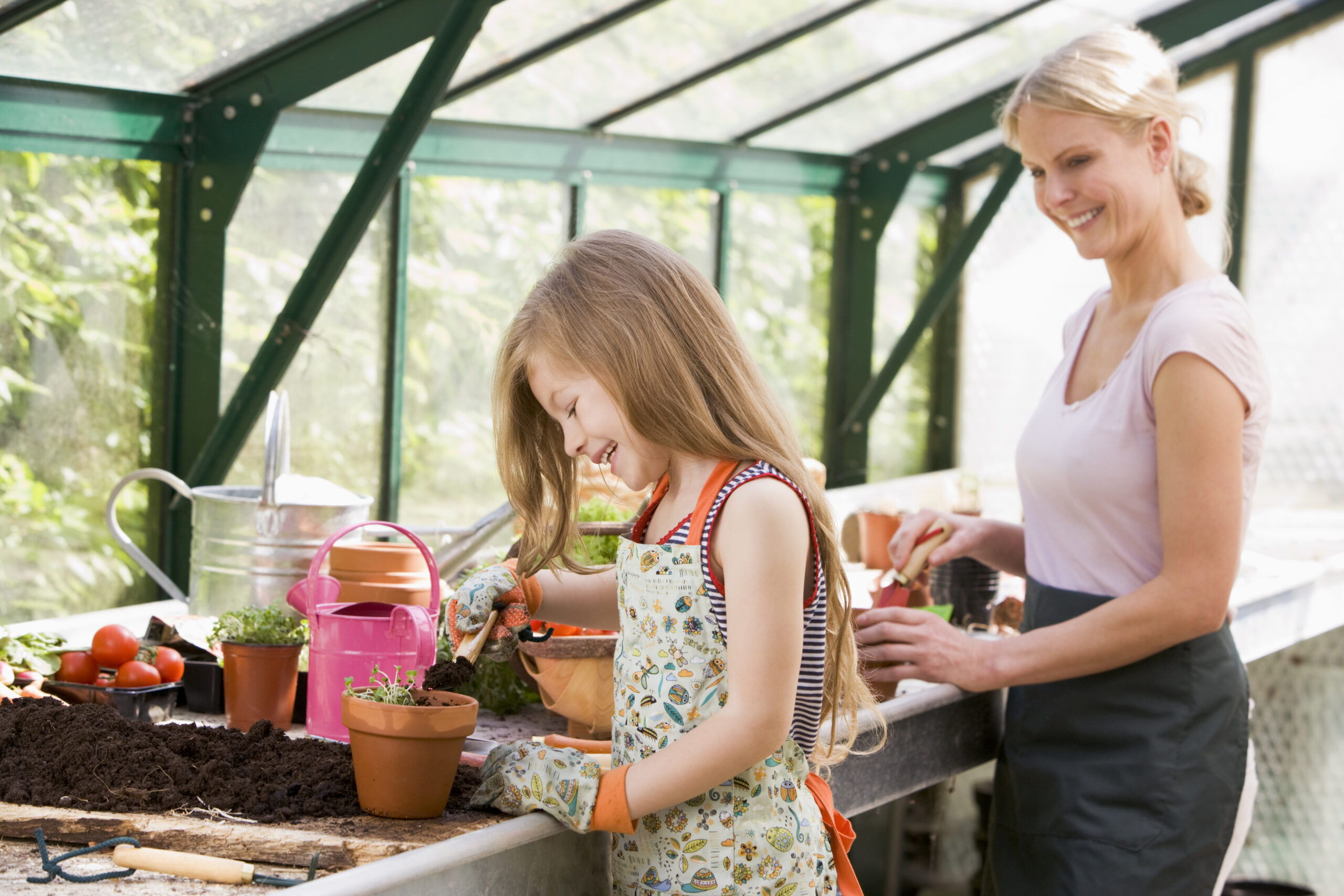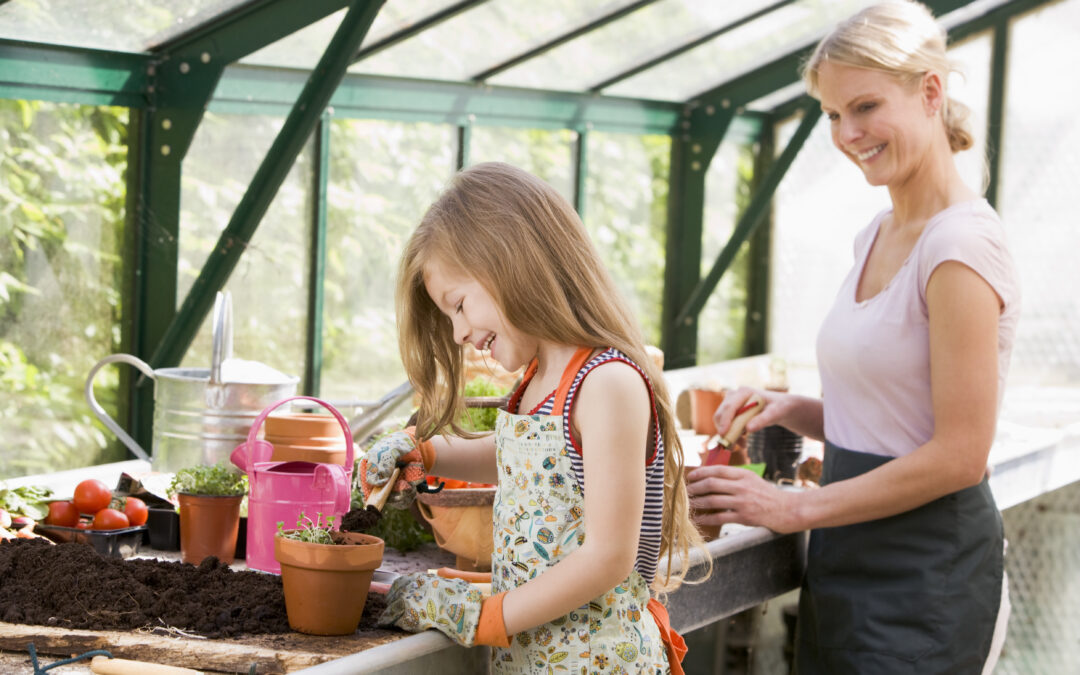Are you thinking of starting your own organic garden? If so, congratulations! You’re taking a step towards healthier living and sustainable eating. However, there are some common mistakes that people make when they start their first organic garden. In this article, we will discuss these mistakes and how you can avoid them.

Introduction to Organic Gardening
Organic gardening is the practice of growing plants without using synthetic fertilizers or pesticides. Instead, it relies on natural methods such as composting, crop rotation, and companion planting. The goal of organic gardening is to produce fresh, nutritious food while minimizing environmental impact.
The Importance of Soil Health
One of the most important aspects of organic gardening is soil health. Healthy soil produces healthy plants. To maintain healthy soil, you should:
1. Use compost instead of chemical fertilizer. Compost provides all the necessary nutrients for plant growth and improves soil structure.
2. Rotate crops. This helps prevent depletion of essential nutrients in the soil and reduces the likelihood of pests and diseases.
3. Practice mulching. Mulching helps retain moisture in the soil and suppresses weeds.
Choosing the Right Plants and Seeds
Another mistake people often make when starting an organic garden is choosing the wrong plants and seeds. Here are some tips for selecting the right ones:
1. Choose varieties that are well-suited to your climate and growing conditions.
2. Select heirloom or open-pollinated seeds if possible. These types of seeds are more likely to be adaptable to changing weather patterns and less susceptible to disease.
3. Consider planting native species. Native plants are better adapted to local conditions and require less maintenance.
Common Pests and Diseases in Organic Gardens
In any type of garden, pests and diseases can pose a threat to your plants. In an organic garden, you need to take extra care to manage these problems naturally. Some ways to do this include:
1. Encourage beneficial insects. Ladybugs, lacewings, and parasitic wasps are just a few examples of bugs that love to eat other bugs. By creating a habitat for these helpful critters, you can reduce the number of pest populations in your garden.
2. Use natural remedies. For example, neem oil is a safe and effective way to control many different types of pests, including mites, whiteflies, and scales.
Maintaining Your Organic Garden
Once you have started your organic garden, it’s important to keep up with regular maintenance tasks. Here are some things you should do:
1. Water regularly. Consistent watering helps promote healthy root development and prevents stress on your plants.
2. Weed regularly. Weeding not only keeps your garden looking tidy but also helps prevent competition between weeds and your desired plants.
3. Harvest frequently. Regular harvests help ensure that your plants continue producing fruit and vegetables throughout the season.
Conclusion
Starting an organic garden can be challenging, but by avoiding these five common mistakes, you can increase your chances of success. Remember to focus on soil health, choose the right plants and seeds, manage pests and diseases naturally, and maintain your garden regularly. With these tips in mind, you’ll be well on your way to enjoying delicious, organically grown fruits and veggies from your very own backyard.



